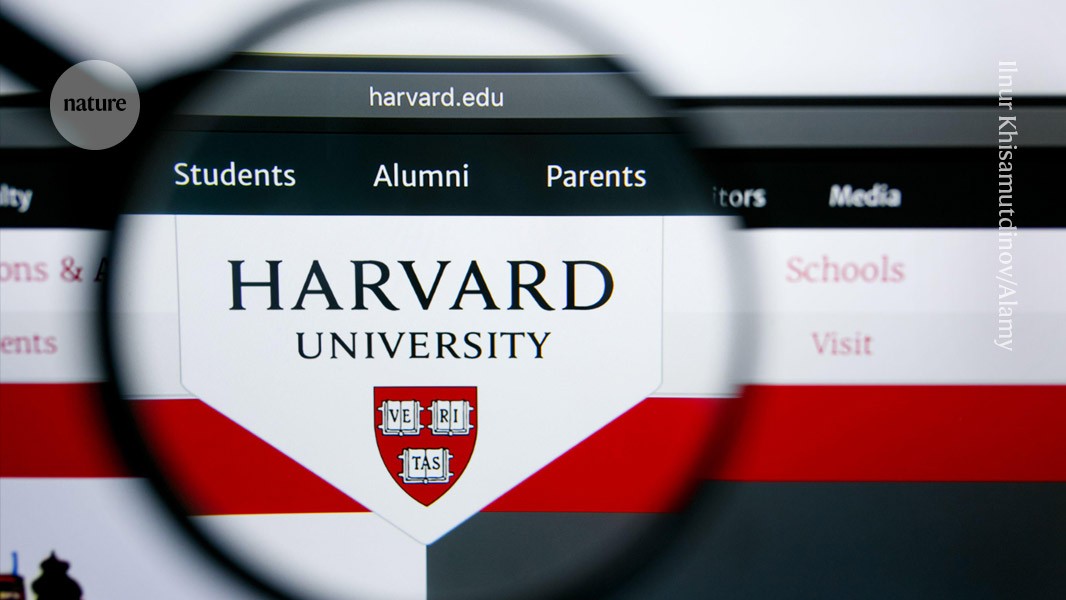
"On 10 November, hackers gained access to a Princeton University database containing the personal information of those in the institution's community, including alumni, donors and students. In October, similar data breaches occurred at the University of Pennsylvania in Philadelphia and Harvard University in Cambridge, Massachusetts. These incidents are part of a broader trend. Over the past few years, cyberattacks have been on the rise at academic institutions around the globe."
"Not only are attacks time-consuming and costly to contain and clean up, but they have also caused university employees to lose access to essential digital services, such as e-mail and research software, for weeks - or even months - at a time. "The number of cyberattacks is not relenting," says Harjinder Singh Lallie, a cybersecurity specialist at the University of Warwick, UK."
On 10 November, hackers accessed a Princeton University database containing personal information of alumni, donors and students, following similar October breaches at the University of Pennsylvania and Harvard. Cyberattacks at academic institutions have risen worldwide over the past few years, causing costly cleanups and lengthy outages that deny employees access to email and research software for weeks or months. Universities attract attackers because they hold valuable employee records and intellectual property and because their systems are complex and open. Some breaches involve state-sponsored groups and ransomware, and AI-assisted attacks could increase speed and scale, prompting calls for stronger, AI-aware defenses and improved incident response.
Read at Nature
Unable to calculate read time
Collection
[
|
...
]